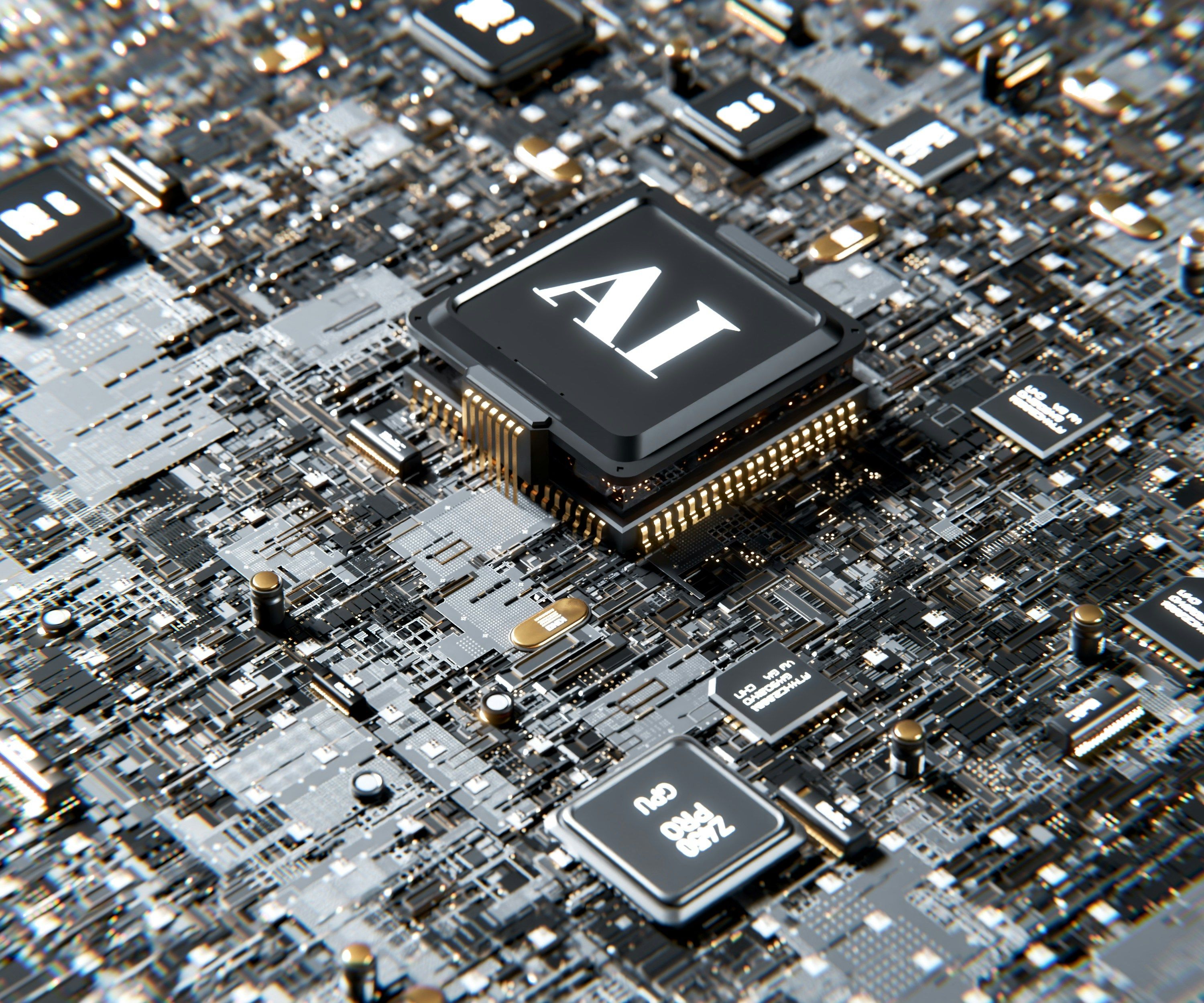AI
AI’s Impact on the Current Job Market and Future Trends

Written by Lerato Chiyangwa and Munyaradzi Garry Kaduya
Mon Aug 19 2024
As the curtain rises on the digital age, we’ve seen the early adoption of artificial intelligence (AI) amongst the global workforce, particularly through Millennials, Gen-Xers, and Gen-Zs who make up a huge percentage of users as it has aided their soft skills. This alone showcases how AI is playing a major role in delivering global economic activity.
Additionally, we’ve now seen AI emerging across various industries and impacting how people perform daily tasks, thus reducing stress levels and increasing productivity. An example is how we’ve seen the rise of AI through computer-generated images (CGI) being utilised widely in various industries through the advertising sector, and this one example showcases how AI has played a part in positively impacting an industry that thrives on being custodians of creating and curating.
Forecasting into future trends, we need to understand that at the end of the day, people care about accuracy, and as AI is built to be more accurate, humans are going to seek it out for advice within the global workforce as it will be built out to be able to do everything; basically an all-knowing oracle
with visual capabilities to read and able to have a more human conversation which will be integrated into everything job-related.
It’s evident that the job market is becoming influenced by AI, thus it should be embraced as a supporting tool.
In our industry which is communications and public relations, AI is revolutionising how data is analysed, and campaigns are personalised, leading to more effective and targeted strategies. As AI continues to develop, we can expect it to create new job categories, requiring a workforce skilled in AI management and ethical considerations. The future job market will likely see a symbiotic relationship between humans and AI, where AI handles routine tasks, and humans provide creativity and strategic thinking, leading to a more efficient and innovative economy.
Moreover, the impact of AI on remote work cannot be overlooked. As companies increasingly adopt AI-driven tools for communication and project management, the flexibility and efficiency of remote work are set to improve drastically. This shift could lead to more distributed teams, greater work-life balance, and access to a broader talent pool.
AI is also going to revolutionise education and training, offering personalised learning experiences and on-the-job training tailored to individual needs. This could help workers continuously upgrade their skills, ensuring they remain relevant in an ever-changing job market.
As we stand on the brink of this AI-driven transformation, it’s crucial to consider how these advancements will shape not just industries but also society at large. Will AI be a force for democratising opportunities, or will it widen the gap between different segments of the workforce?
The answers to these questions will define the path of our future job market. As AI continues to evolve, so too must our approach to integrating it into our professional and personal lives, ensuring that we make use of its potential for the greater good.
How will we adapt to the ever-accelerating pace of AI advancements, and what role will we play in shaping a future where AI is an integral part of our daily lives? The journey is just beginning, and the possibilities are endless.